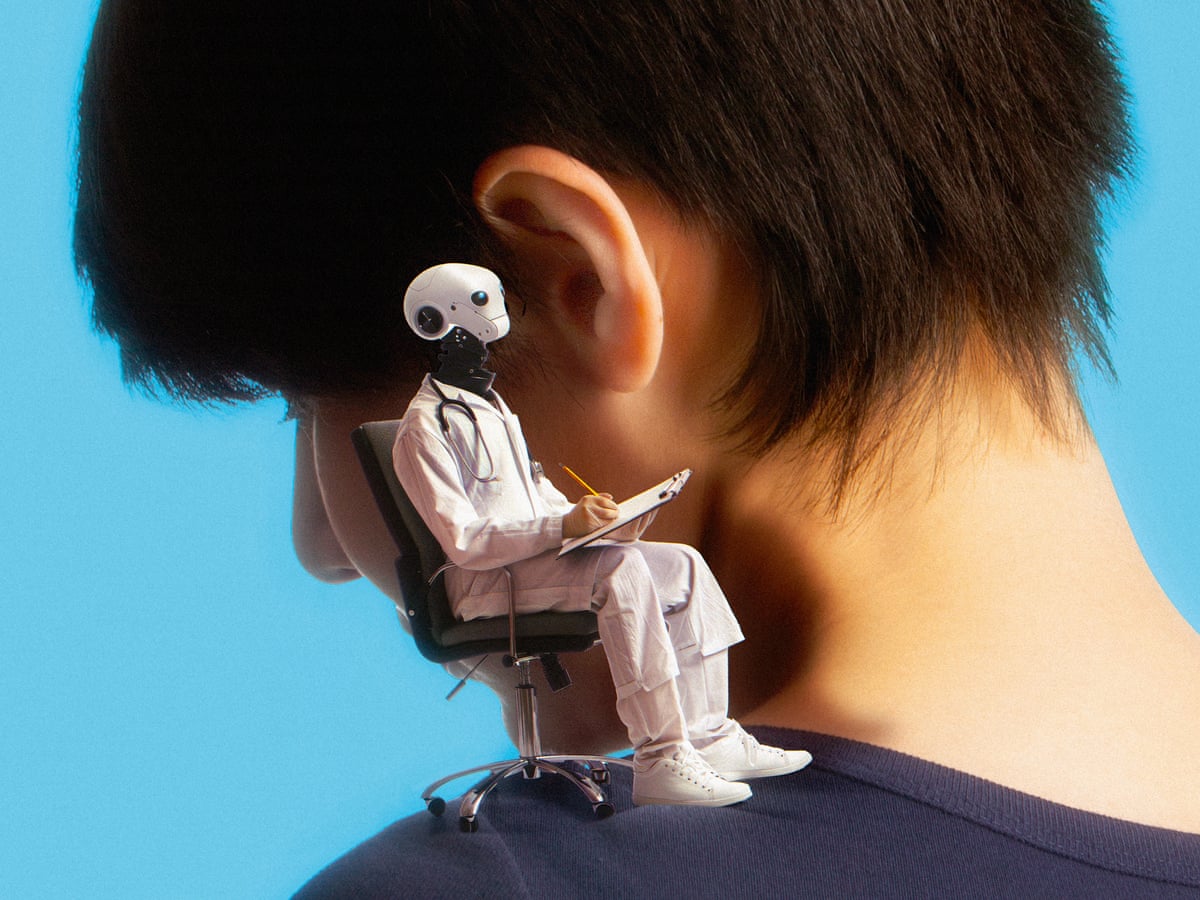[URGENT] AI Companions: Exploring the Rise, Risks, and Reality of Virtual Relationships
![[URGENT] AI Companions: Exploring the Rise, Risks, and Reality of Virtual Relationships](https://www.earth.com/assets/_next/image/?url=https%3A%2F%2Fcff2.earth.com%2Fuploads%2F2025%2F04%2F13055647%2FAI-companions-1400x850.jpg&w=1200&q=75)
AI Companions: Exploring the Rise of Artificial Relationships and Their Impact on Society
As artificial intelligence continues to evolve, AI companions are emerging as one of the most emotionally complex and ethically charged technologies of our time. These digital partners, powered by emotional AI and advanced natural language processing, are not only mimicking human conversation but are becoming central to the lives of many — even replacing traditional social bonds.
From loneliness reduction to emotional support, AI companionship is reshaping how people connect. But how far is too far? Let’s dive into the multifaceted world of AI companions.
What is an AI Companion?

An AI companion is an artificial intelligence system designed to engage in human-like conversations and interactions. Think of them as digital friends, confidants, or even romantic partners. These companions, often powered by generative models and voice-enabled assistants, adapt to your behavior, remember preferences, and create a personalized experience.
Apps like Replika, Anima, and Character.AI are already capitalizing on this trend, offering users a way to build emotional connections without judgment or risk of rejection.
👉 Explore Replika AI Companion – one of the most popular AI relationship apps today.
Why Are People Turning to AI for Companionship?
The answer lies in emotional accessibility, mental health support, and tech-driven intimacy.
1. Combatting Loneliness
In an increasingly digital world, loneliness is on the rise. Studies show that millions, especially Gen Z and Millennials, report feeling isolated. AI companions offer 24/7 conversation and a feeling of presence — a comfort when human support isn’t available.
2. Mental Health Support
While not a replacement for therapists, AI companions provide a safe space to talk, vent, or express emotions. Some even integrate CBT-based prompts or journaling features. According to the National Alliance on Mental Illness, digital tools can complement traditional mental health solutions.
3. Judgment-Free Interaction
AI doesn’t judge. For individuals dealing with social anxiety, trauma, or non-normative identity exploration, AI companions offer a safe, private space to express themselves.
The Rise of Emotional AI and Smart Engagement
AI companions are powered by emotional AI – algorithms that detect and respond to user sentiment. This includes tone, choice of words, emojis, and even pacing.
Some platforms are now exploring voice-based AI companions with real-time emotional understanding. As discussed in this Earth.com article, these emotional connections can grow so strong that users form romantic bonds — sparking debate around ethics and dependency.

Semantic Tech Trends Fueling the Boom
Here are the semantic keywords and trends boosting the growth of AI companions:
- Emotional AI
- Digital relationships
- AI in mental health
- AI and loneliness
- Generative AI chatbots
- AI love relationships
- Synthetic companionship
These terms reflect the various dimensions — from emotional impact to technical framework — and are crucial in making your content SEO-friendly and high-ranking.
Are AI Relationships Real? The Ethics of Artificial Love
Can an AI really understand love? And if it can simulate it well enough, does the difference matter?
While many users report feelings of connection, some experts argue that emotional dependency on AI can have negative effects. These include:
- Loss of interest in real relationships
- Escapism from real-world problems
- Unrealistic emotional expectations
Ethical questions also surround data privacy. If an AI knows your deepest secrets, how secure is that information?

Future of AI Companions: Where Are We Headed?
The future points to hyper-personalized AI companions integrated into our phones, glasses, and even homes. With companies like OpenAI working on agents that can build apps, reply autonomously, and even manage emotions, it’s only a matter of time before AI companions become more proactive than reactive.
Key Future Directions:
- Voice-first AI companions (e.g. through smart wearables)
- VR/AR AI interactions for immersive experiences
- Context-aware companions that understand environments
- Ethical AI frameworks for emotional relationships
Learn more about this from OpenAI’s latest research.
Benefits of AI Companionship
- Mental health support: Non-judgmental and always available
- Personal growth: Journaling, meditation prompts, reflective conversation
- Improved communication: Practice conversations, social anxiety support
- Entertainment and creativity: Storytelling, games, daily affirmations
Challenges and Risks
- Over-reliance on AI for emotional support
- Blurred boundaries between fantasy and reality
- Data privacy concerns
- Lack of human accountability

Conclusion: Human Connection in the Age of AI
AI companions are here to stay. Whether viewed as a therapeutic tool, digital friend, or romantic partner, their rise is reshaping the landscape of human relationships. The challenge will be finding the balance — using AI to enhance human well-being without replacing genuine human connection.
As we explore deeper into AI companionship, it’s essential to consider both the mental health benefits and the societal implications. Let’s ensure this technology serves us — not replaces us.
FAQs
What is the best AI companion app?
Popular options include Replika, Anima, and Character.AI.
Are AI companions safe?
They are generally safe but be cautious with sharing personal data and monitor your emotional reliance.
Can AI companions help with mental health?
Yes, many users find them helpful for managing stress, anxiety, and loneliness. However, they should not replace professional therapy.
Is it normal to feel emotions toward an AI?
Yes. As AI becomes more sophisticated, emotional bonding is increasingly common. It’s important to stay aware of boundaries.
